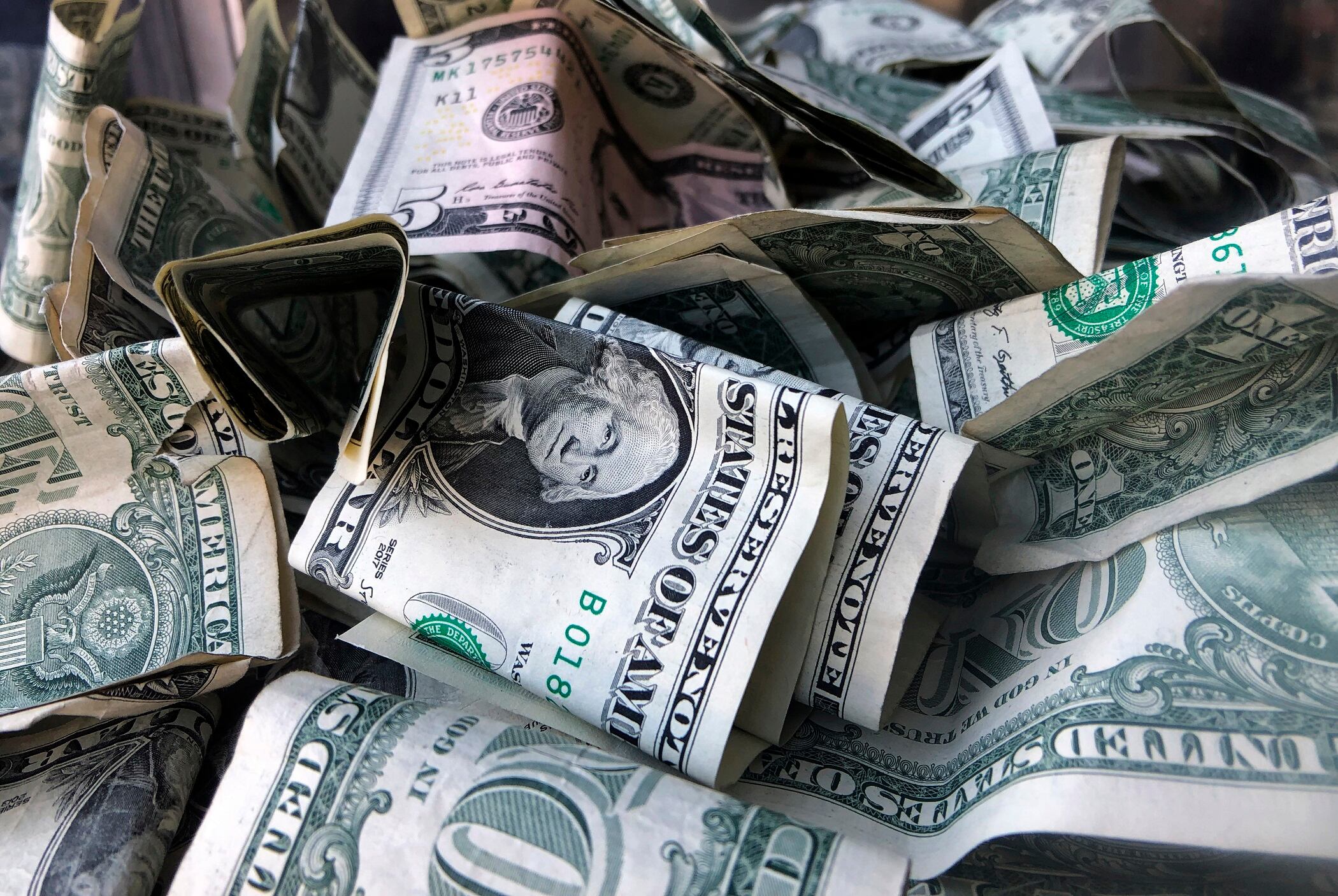Jon Greenberg, staff writer for Politifact, breaks down some of the rhetoric from the left and the right around the GOP tax reform bill.
Chris Ruddy of Newsmax claimed that the GOP bill would bring in $3 trillion of offshore funds back into the economy from large U.S. corporations receiving a tax cut overseas. But just how true is this? Politifact has rated the statement half true. Greenberg notes that while corporations are receiving a reduction in overseas taxes, 45% of the $3 trillion made overseas is already in the U.S.
Greenberg also weighs in on House Minority Leader Nancy Pelosi's statement that the GOP bill would "sabotage" the healthcare of 13 million Americans. Greenberg details just what happens when the individual mandate is repealed. He explains that the repeal of the individual mandate will cause healthy people to leave the marketplace, which will cause costs to go up for those that are sick. That means some of those people won't be able to afford health insurance anymore. Politifact's overall rating of Pelosi's statement: half true.
President Joe Biden visited the collapsed bridge in Pittsburgh that fell just hours before his previously scheduled trip to promote his infrastructure package — a new law that aims to prevent just such disasters.
President Joe Biden and first lady Jill Biden have added a cat to their pet family. The cat's name is Willow, and she's a 2-year-old, green-eyed, gray, and white tabby from a Pennsylvania farm.
Denmark’s government says it will scrap most pandemic restrictions next week, even as neighboring Sweden has extended its own measures for another fortnight.
The Federal Reserve signaled Wednesday that it plans to begin raising its benchmark interest rate as soon as March, a key step in reversing its pandemic-era low-rate policies that have fueled hiring and growth but also escalated inflation.
Supreme Court Justice Stephen Breyer confirmed that he will retire at the end of the high court's current term.
A conservation group is turning over a historic redwood grove on the Northern California coast to descendants of the original Native American inhabitants.
A California city has voted to require gun owners to carry liability insurance in what's believed to be the first measure of its kind in the United States.
Arguably the biggest challenge to the rise of electric vehicles is their outsized demand for rare earth minerals. Cheddar's Alex Vuocolo does a deep dive into the struggle over securing supply chains for a green tech future.
New research suggests giving extra cash to low-income mothers can change their infants’ brain development.
The Pentagon says that Defense Secretary Lloyd Austin has put about 8,500 troops on heightened alert, so they will be prepared to deploy if needed to reassure NATO allies in the face of ongoing Russian aggression on the border of Ukraine.












